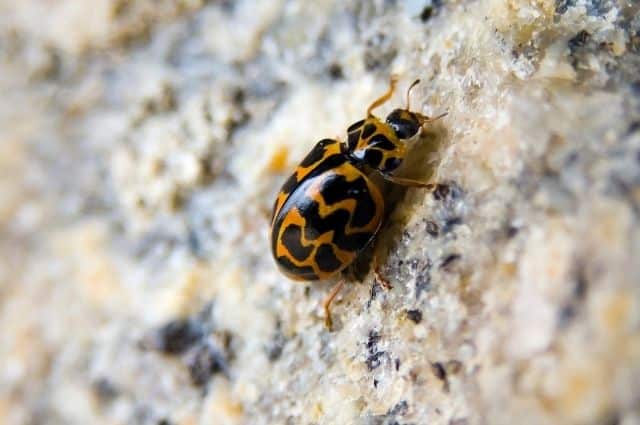Are you tired of pests ruining your properties yet scared of using chemical pesticides?
Maybe, it’s to consider organic pest control tactics for safe and proactive measures against these troublemakers.
After identifying the unwanted species in your home and garden, try these 5 organically-made pest control methods for safe and effective pest management!
5 Effective And Safe Organic Pest Control
1. Neem Oil
Neem Oil, also referred to as a “miracle plant” by some, is extracted from the fruits and seeds of the neem tree. With active ingredients such as azadirachtin, this oil is used in homeopathic remedies as an antibacterial, antifungal, sedative, and skin aid.
It’s a powerful natural insecticide that can disrupt the life growth cycle of insects like squash bugs, Colorado potato beetles, and Mexican bean beetles. Neem oil isn’t an insect killer, but rather an antifeedant, repellant, and egg-laying deterrent.
If you see any signs of infestation in your plants or vegetable garden at home, spray them with the oil, and you’ll notice insects dying and unable to reproduce in just a few days.
This organic solution is available in most local or online garden suppliers. Make sure to follow the preparation and usage instructions to avoid any adverse results!
2. Diatomaceous Earth
Diatomaceous Earth is a small, sharp-type powder composed of fossilized diatoms that can cut an insect’s body and cause it to die of dehydration within two weeks of infection.
Once sprayed on infected areas, this solution can kill soft-bodied insects and species such as indoor bugs, flies, crickets, cutworms, and even a Japanese beetle. It is highly-recommended to use in dry areas, so make sure to reapply it every after a rain or a wet situation.
3. Beneficial Insects

Have you ever imagined starting a fight between insects? Well, yes, you could… in a way that could benefit your properties.
There are beneficial insects that can attack, feed on, and win a glorious fight against the troublesome pests in your plants. These helpful species include ladybugs, ground beetles, lady beetles, praying mantis, and parasitic wasps.
To attract these beneficial species, try to grow plants such as cornflower, mountain mints, pussy willows, and ornamental grasses in your garden.
4. Insecticidal Soap
Insecticidal soap has unsaturated long-chain fatty acids that can infect and dissolve the skin of insects.
To create a soap-based insecticide spray, just mix a mild liquid soap with water.
As a precaution, avoid spraying it on beneficial insects. Also, the product can burn some plant leaves. Test it first to each of your plants and wait for 2 days for any signs of damages.
You can use it entirely on plants with no reported damages after the test. The spray is recommended for use in the evening and early mornings and not during hot days.
5. Row Covers
A row cover is a translucent, white, porous polyester fabric that protects plants from troublesome insects without depriving them of sunlight.
This barrier is highly-recommended for plants that aren’t past the critical stages of growth yet.
Use an organic pest management method now!
You don’t always have to go through the harmful effects of using chemical pesticides just to keep your pests away. Use the above listed organic products for safe, effective, cost-efficient, and environmentally-friendly pest management.
Just remember to follow the correct instructions first to maximize all their benefits. If the infestations persisted, leave the job in the hands of a pest control expert.
Patriot Pest and Termite Control are here to help you escape from your infestation problems.
Our pest control services are guaranteed top-notch and safe for your health. Contact our customer service today to experience the best pest and termite control strategies at your home or business place!
Got other organic pest control tips? Share your insights in the comments section below!